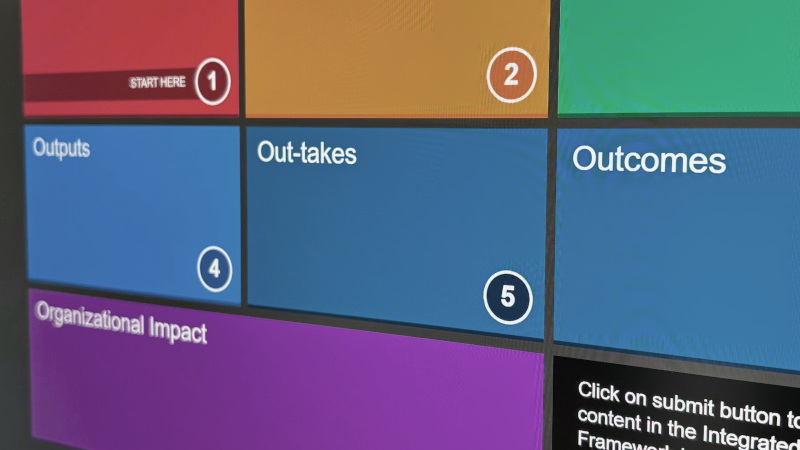Measurement and evaluation thought leaders have been advocating for communications professionals to move beyond measuring activity and media outputs in isolation, and to understand the impact on audience out-takes and organisation outcomes. Initiatives such as the 3rd generation of the Barcelona Principles and AMEC’s Integrated Evaluation Framework have been helping comms teams to implement this best-practice in their real-world work.
Advances in Large Language Models over the last couple of years are helping to created structured data from unstructured languages in conversations, speech and text. This technology has been adopted by media intelligence companies to create structured analytics from feeds of media content to make sense of media outputs.
This is being extended to market research companies to add structure to audience out-takes. A good example is YouGov’s new News Story Tracker, which uses an AI language model to categorise news stories based on open ended responses.
Previously, primary research was often siloed between quantitative surveys, based on a series of closed questions based on a fixed number of pre-defined answers, and qualitative research often based on a much smaller sample of individuals such as focus-groups. AI allows more qualitative responses to be processed at scale, giving you the best of both worlds.
With three weeks to go to the UK general election, the News Story Tracker shows what issues are cutting through.
Prime Minister Rishi Sunak’s decision to leave the 80th anniversary D-Day commemorations early on the 6th June led to a huge media crisis, forcing the PM to apologise. The public’s awareness of the dominance of the story escalated over the following days.

There was huge public interest in the disappearance of the popular health advocate Dr Michael Mosely while on holiday in Greece, culminating in the very sad discovery of his body on the 9th June. However, this did not dampen the D-Day story which continued to resonate with the PM having to apologise again in the Sky Leaders’ Special on 12th June in front of a live audience.
A YouGov poll coinciding with the Sky debate showed that 65% of respondents found the D-Day decision unacceptable compared to 21% who thought that it was acceptable. Another poll showed that the Conservatives are seen as having run the worst campaign so far by a significant margin.

A party leader approval tracker from More In Common showed that the PM’s approval rating has fallen by 7 percentage points to -38.

The overall voter intention polling has declined slightly for the Conservatives while support for Reform has increased from 11% to 14% in the two weeks since Nigel Farage announced he was taking over as leader and standing in the election. Labour continue to benefit from a sustained 20 percentage point lead.
And what about the impact on outcomes?
We should see how all this is likely to affect the number of MPs with the next raft of consistency-level MRP polls which we should start to see over the next week.
For a more definitive answer, we will have to wait for election day itself!
One more thing…
A couple of Election-comms podcasts to highlight:
David Yelland and Simon Lewis discuss how the political parties are handling their brands in the media in the When It Hits the Fan podcast
Onclusive have launched Politicomms, a podcast on communications around the election hosted by Jack Richards, Stephen Canning and Elena Campbell.
